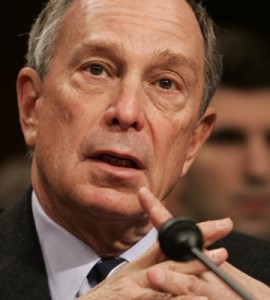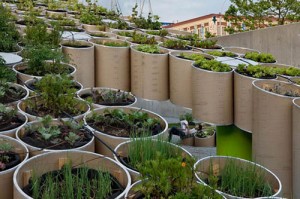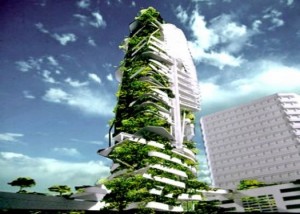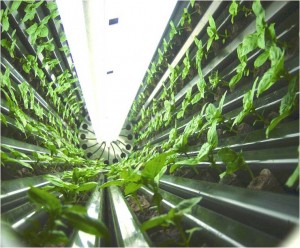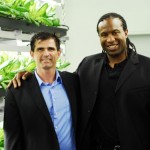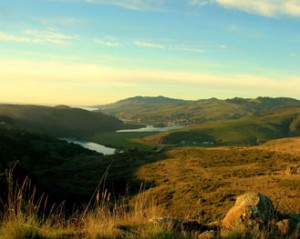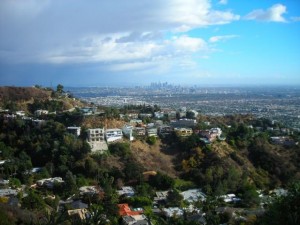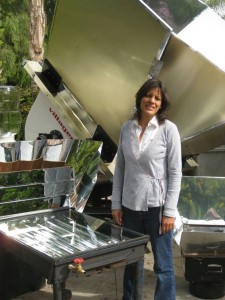 As urban farming becomes a valid source of obtaining fresh foods with local sources addressing energy and conservation concerns, will the direction we work towards be thwarted by local government or lack of necessary resources to continue our efforts?
As urban farming becomes a valid source of obtaining fresh foods with local sources addressing energy and conservation concerns, will the direction we work towards be thwarted by local government or lack of necessary resources to continue our efforts?
The short answer to a long question is there are no guarantees. I have watched one community garden after another closed for a variety of reasons. All who partake should be aware of legalities http://www.theselc.org/food-and-livelihoods-project/ and poised to take action as the South Central Farmers in Los Angeles have. Although they didn’t prevail in the legal sense a commitment to continue sent them in many directions. Some facilitated by the mayor whose campaign led the farmers to believe he would be able to help them. During times like this when good food is unaffordable to many and we realize that subsidized means substandard products it is important to continue efforts and sometimes battles for the right to clean water and fresh foods. http://gefoodlabels.org/ By Susan Rigali
Susan Rigali is Owner/Executive Chef of Savor Solar. She has invested a significant amount of her career to education and research in the areas of food safety and the slow food movement. She has been a part of many organic urban gardening projects in L.A., which aim to transform socio-economic barriers that keep families from accessing healthy food and practicing eco-friendly lifestyles. For the majority of her career, Susan has worked in connection with the unique world of film and television production. Her accomplishments range from large scale events to intimate dining affairs.


